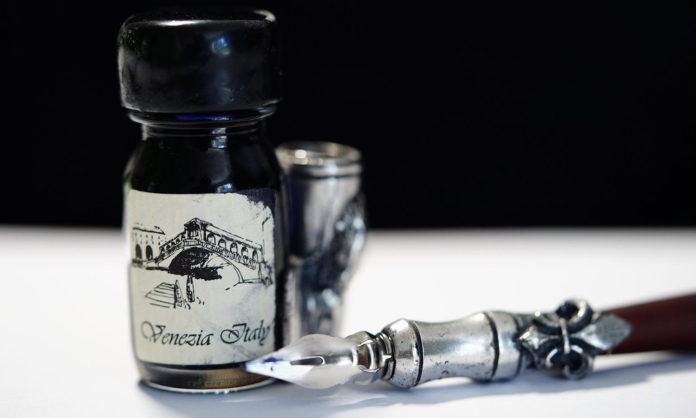
In a new post, Janice Hardy offers advice for using backstory without dragging down your story. “Along with adverbs and telling, I think backstory completes the unholy trinity of writing,” she says. “But backstory does have its uses, and sometimes, it’s critical to know that history. Even if it’s not critical for the reader to know it.”
In some genres – fantasy, science fiction, historical fiction – the past weighs heavily on the present, and it’s important for the reader to know a bit more of worldbuilding, so that they can put current events in context. This is especially true if the antagonist is someone from your hero’s past.
In some cases, though, you may write a detailed backstory that never makes it directly into your novel. Knowing what your characters experienced in the past can help you shape their personalities, choices, and reactions in the present, plant secrets and revelations, and increase tension and mystery. In other words, make the “event matter to the present day world and those who lived in it,” Hardy says. She suggests some questions to ask yourself when you write out a detailed backstory:
- What happened in the past and why?
- How does it affect the current plotline?
- Were any of the current characters involved? How?
- Regardless of whether they were involved, how do the POV characters feel about it?
Knowing this history can help you create plot twists and surprises that don’t come from nowhere, and can help you decide where to plant the information and reveals. “You’ll know exactly who knows what, why they may or may not talk about, and how badly they’d want to keep (or reveal) that knowledge,” Hardy says.











